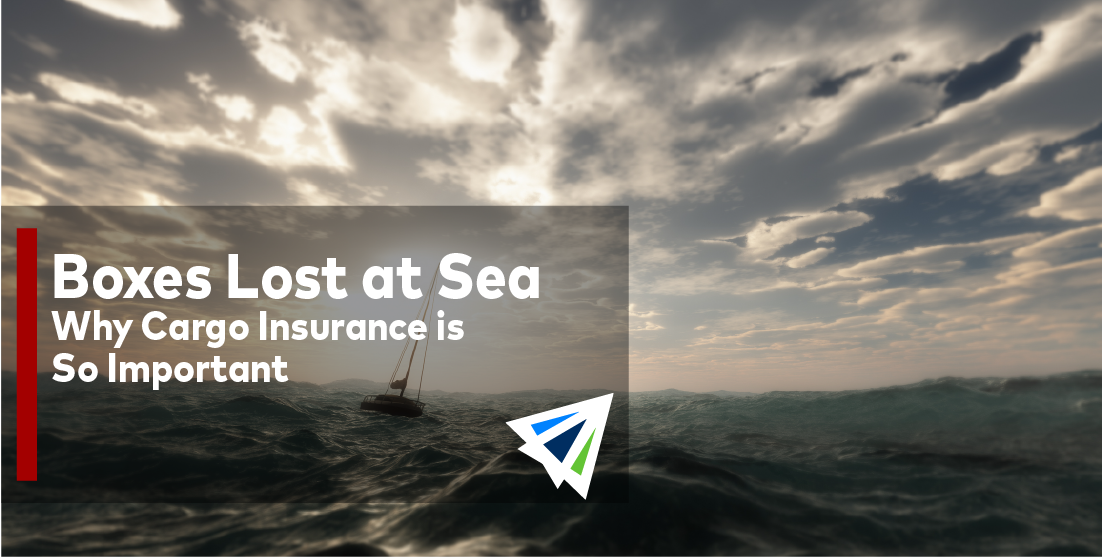Working in the shipping game means you assume a lot of risk. The carriers you work with, the freight forwarder you choose, the mode of shipping you decide on, the method used to block and brace your cargo – they are all decisions you make, and none of them are made without risk coming into the picture one way or another.
Sometimes, issues caused by your own decisions can be learned from and changed in future decisions. However, it’s often the case the shipping catastrophes are simply unavoidable – and that is certainly the case with shipping containers lost at sea.
Why Do Shipping Containers Get Lost at Sea?
While it’s not an everyday occurrence, it’s far from “rare” for a shipping container to be lost at sea, and there are myriad reasons it may happen to your cargo. Often times, bad weather in the Atlantic and Pacific cause cargo to fall overboard. In rare cases, damage to a ship may require them to sacrifice cargo in order to make the trip to its destination.
However, many shippers have linked the increase in cargo lost in transit to the increased pressure put on ocean carriers to move cargo quicker than safely feasible. This causes ocean vessels to take “shorter” routes, often steering into bad weather or unsafe transit conditions causing the risk of cargo loss to increase greatly.
Regardless of the reason, the point is this – cargo goes overboard, and there’s absolutely nothing you can do to control the fate of your shipping container once it’s on an ocean vessel. So, what can you do?
Cargo Insurance Lesson 101: You Have None
Yep. Unless you’ve purchased insurance separately from your freight forwarder for your ocean cargo, your shipping container is absolutely, 100% not insured.
Well, that’s not entirely true. COGSA law allows an ocean carrier to be held accountable for up to a grand total of $500 per “shipping unit,” which in a court of law, they will argue is a “shipping container.” In other words? If your container goes overboard while in transit, you have the opportunity (if you’re lucky) to get paid a total lump sum of $500 for your trouble. And even that’s unlikely.
The summary is – you don’t have cargo insurance, and it is not included when you put freight on an ocean carrier’s vessel. Cargo insurance needs to be purchased separately.
Purchasing Cargo Insurance
Purchasing cargo insurance is surprisingly easy! If you’re working with a freight forwarder, like Interlog USA, you can simply ask your logistics provider about your cargo insurance options. Depending on your particular situation (container type, cargo weight, goods being shipped, mode of shipping, etc.,) your freight forwarder may have different insurance options for you, but regardless, cargo insurance is always very affordable (as in, cents on $100.)
The real values of cargo insurance are 1) peace of mind, and 2) the ability to avoid purchasing your cargo twice. And that’s exactly what you’ll have to do if your cargo goes overboard while in transit.
What to Do Now
If you are frequently dealing with ocean freight and aren’t insuring your cargo, now is the time to start. As stated, cargo insurance is insanely affordable and it is absolutely your only guaranteed defense against uncontrollable accidents like cargo being lost at sea. Getting cargo insurance keeps you and your team from needing to purchase your cargo twice in the instance of loss or damage, and is super easy to set up before a shipment begins.
If you have any questions about cargo insurance or are interested in insuring your cargo before it sets sail, please don’t hesitate to Contact our Us. We would love to help you and your team.
